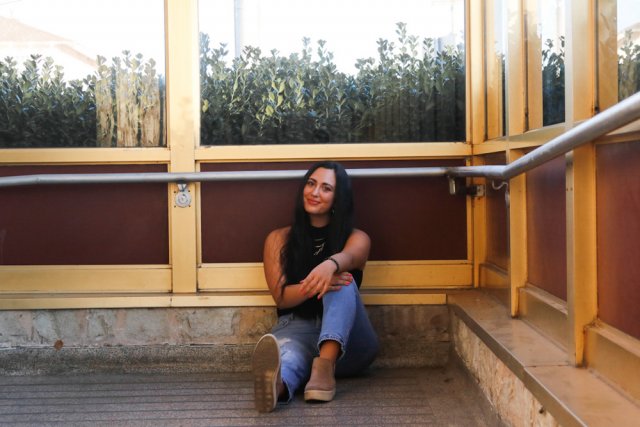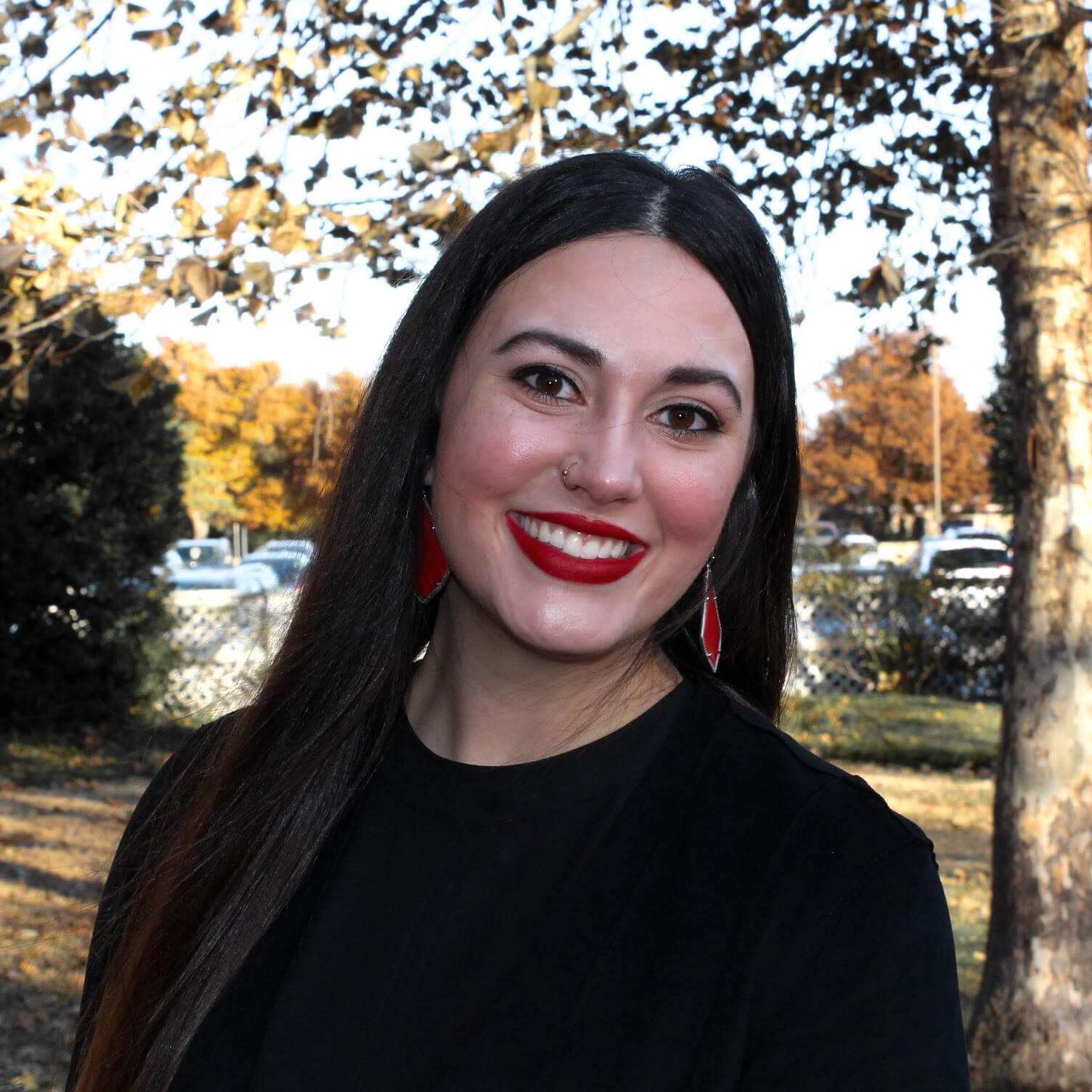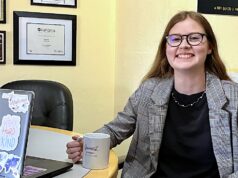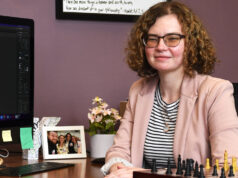
FORT WORTH, Texas — As a child, I had learned to call four different states, “home” before settling in Springtown, Texas, at the age of 10. Growing up in a town where you are likely to see more cows than people — and more barns than dining options — it’s understandable that finding community was a rarity few were afforded. I spent the majority of my childhood searching for ways to foster lasting connections with the people around me. In the age of social media, this pursuit looked radically different than that of my parents, grandparents, aunts and uncles.
Now, as I start a marketing internship with NonDoc this fall, I look forward to using what I have learned about social media to help connect more concerned citizens with important community journalism.
My generation
I was born on the cusp of a radically life-altering technological breakthrough. While my first cellphone was a Motorola flip phone, and the internet was something to avoid accessing for its ridiculous fees, it was not long before the age of iPhones, instant internet access, social media and digital communication began. There was seldom a time growing up when information was not immediately accessible, when friends and family were not instantly reachable. And in a world where it is so easy to connect with those you love and find new friends to invite into your life, you assume community will be easier to foster and maintain.
Although my generation is the most tech-connected and technologically adapted generation, it is also the most lonely. Study after study has reported that despite the ability to connect with people across the globe, even individuals with 500-plus Facebook friends feel as if they are alone. Community is something social media sought to make easier; what more could you ask for than a search bar that brings up the profile of a friend whose contact you no longer have and have not spoken to in years? If community is at our fingertips, and information and resources a tap away, why, then, is it so difficult for this generation and others to find genuine connections or truthful information on social media?
I am excited to not only use my expertise, but to learn new ways of improving the connections and truthful information that NonDoc strives for. The opportunities are there, how can we better use them and foster real and lasting community?
Marketing on social media
The marketing industry, social media specifically, was created with the intention of providing users with an experience, connecting them with each other and to organizations. Now, businesses use social media to sell, and news outlets to persuade. How can we tell one motive from another?
Throughout my college career, I have studied the power of language, and the significance of encouraging community and creating a welcoming space with media. I have worked with campus organizations and companies like Red Bull, The Oaks Center, and now NonDoc Media to reinforce relationships with their audiences, and host an authentic space on the internet. Smart brands use social media to showcase their culture and values. Rather than be one more financially-driven account on the internet, I believe it is important promote genuine connections between organizations and social media users.
There are so many things that push people apart, and in doing so we halt progress and growth. Skewed information divides us and we find ourselves isolated by the media we engage with. My mission is to provide a space where information is not isolating and it can easily be accessed, digested, and discussed.
Accessible and truthful content is what social media should strive for. I believe it would help heal the divide. As the marketing intern, I aim to stand with NonDoc and empower our readers. Regardless of political affiliation, education, background or worldview, we can all learn from and alongside each other. I believe we can use social media as a tool for that growth.
Connecting on social media
I have already streamlined access to our articles on our Instagram page; our new link.in.bio feature allowing viewers to directly access articles connected to each of our posts. And, while some ideas are still in progress, we have created lists of resources for our Twitter followers to connect with educators, politicians, and other accounts to expand community. I look forward to seeing what other ideas I can create with the independent journalism team.
I am thrilled to be a part of shaping NonDoc’s social media into a place where people can connect in a meaningful way.
Here’s to community.






















